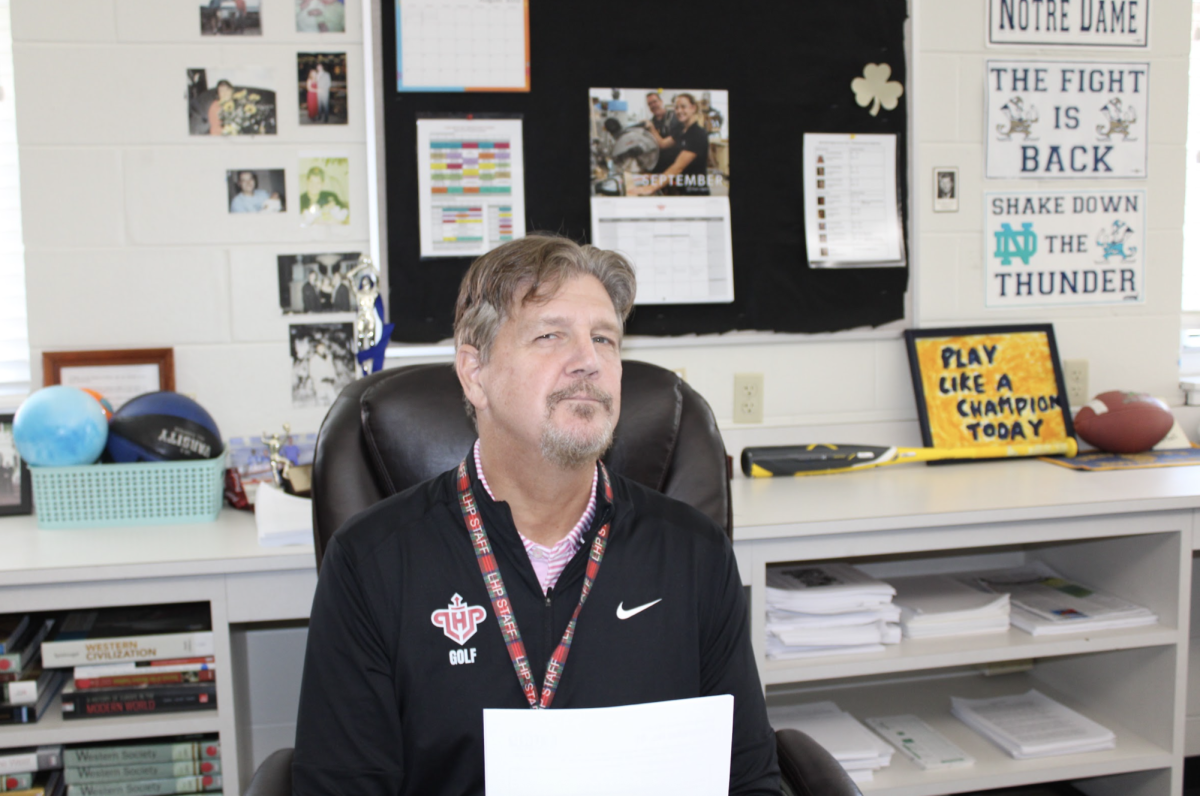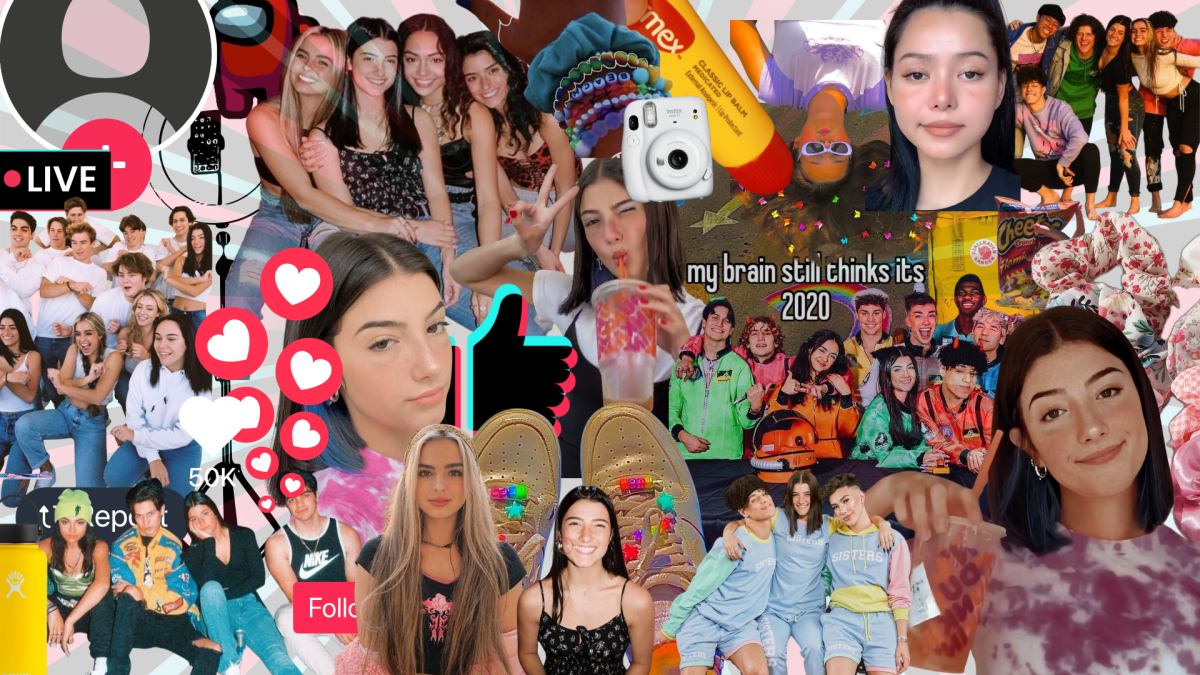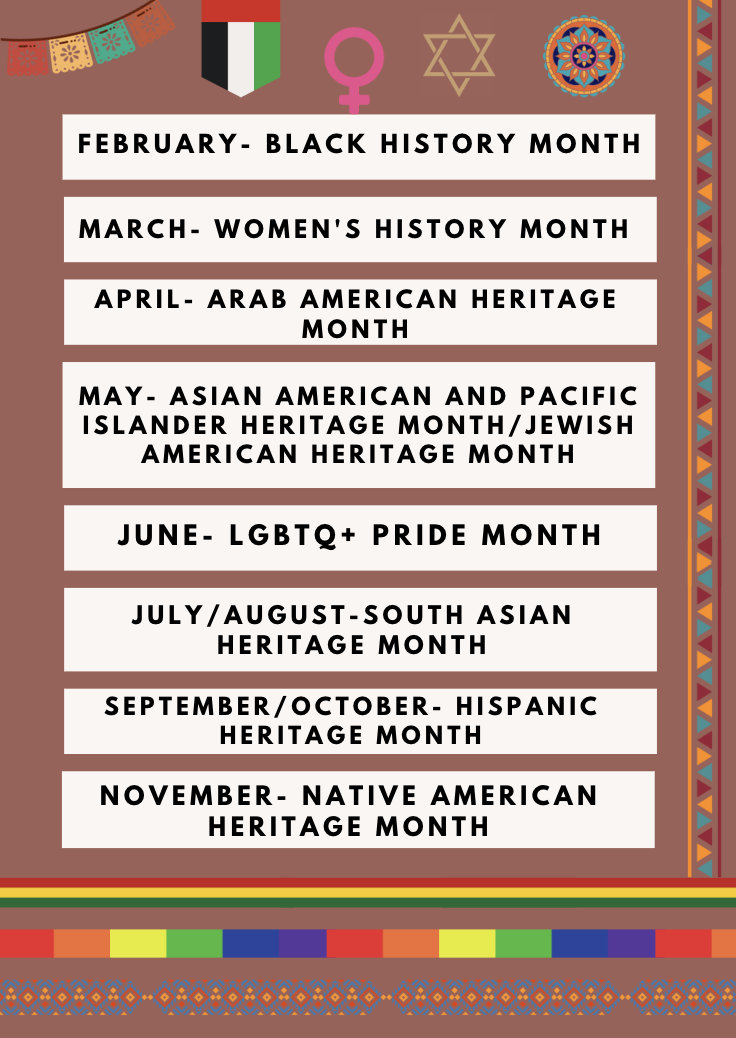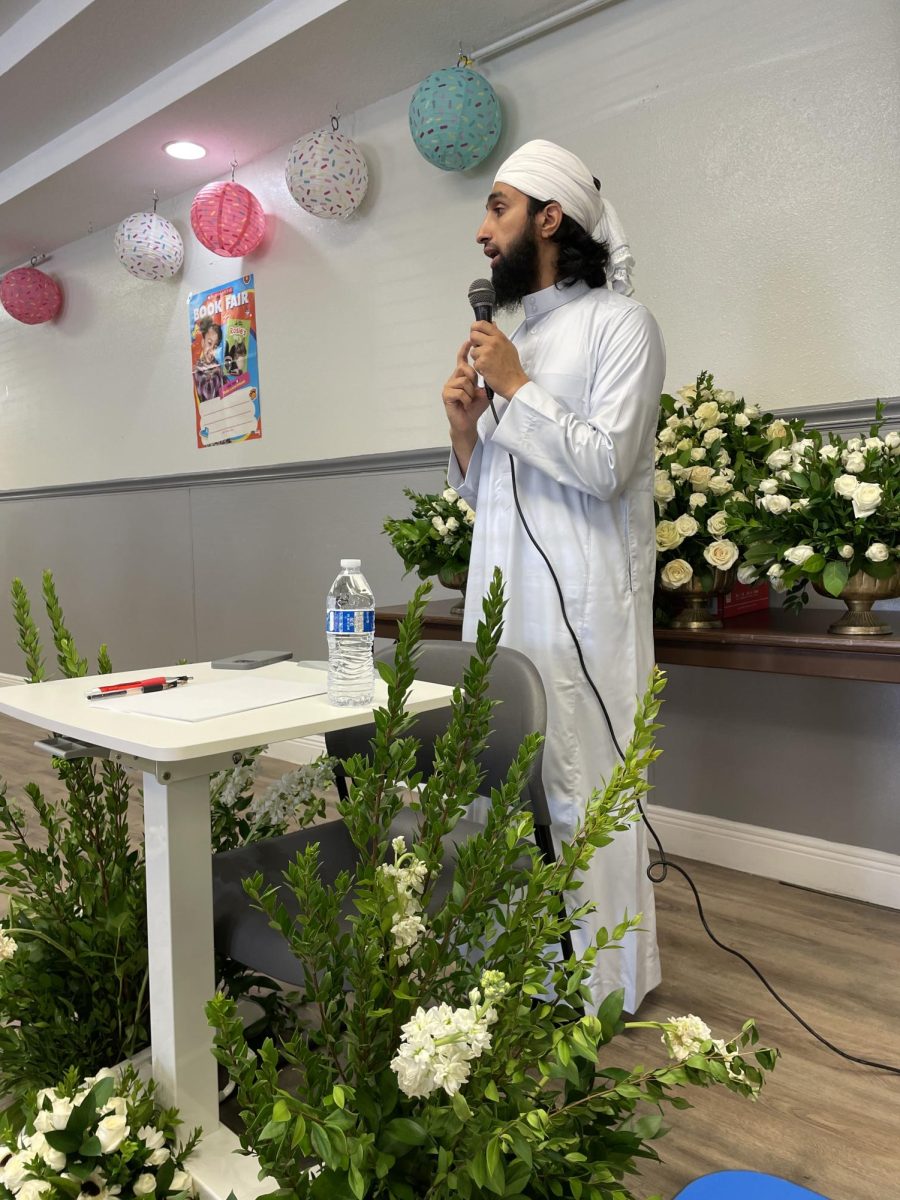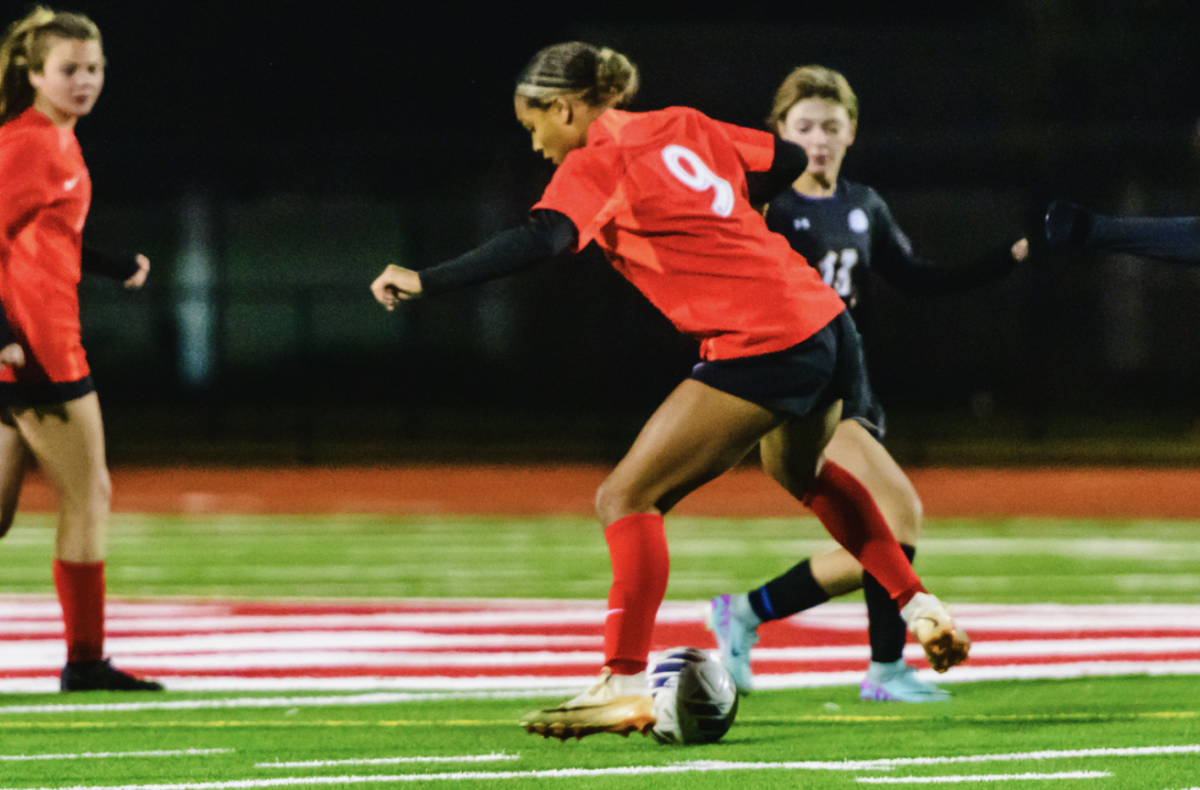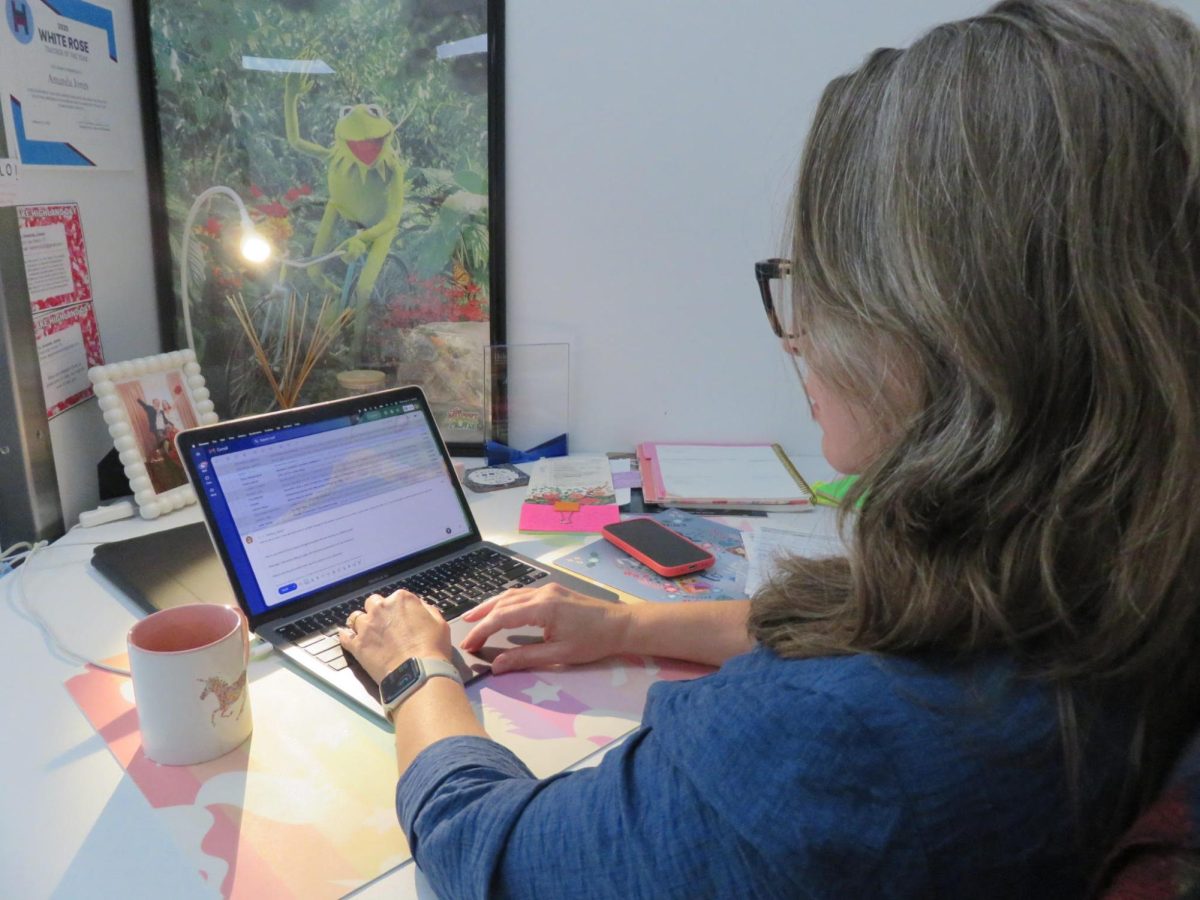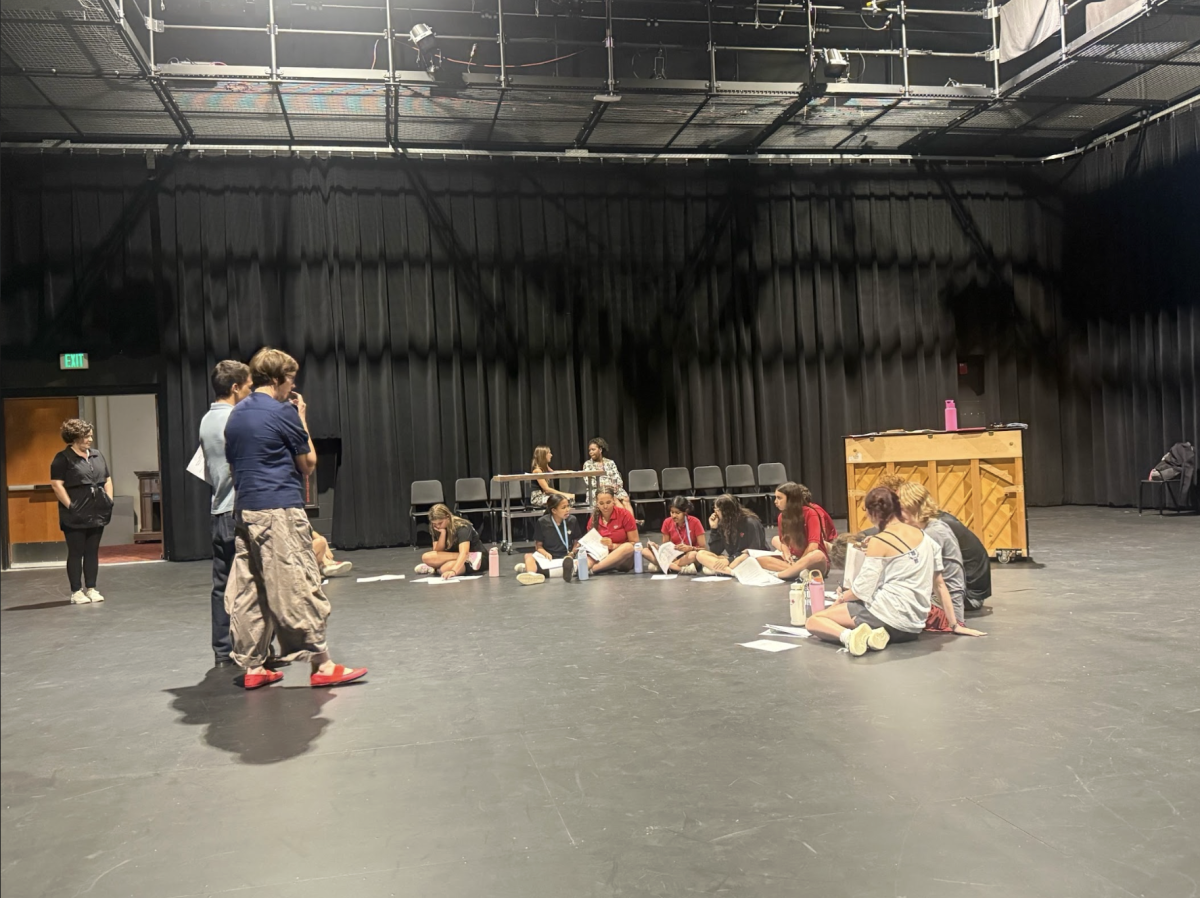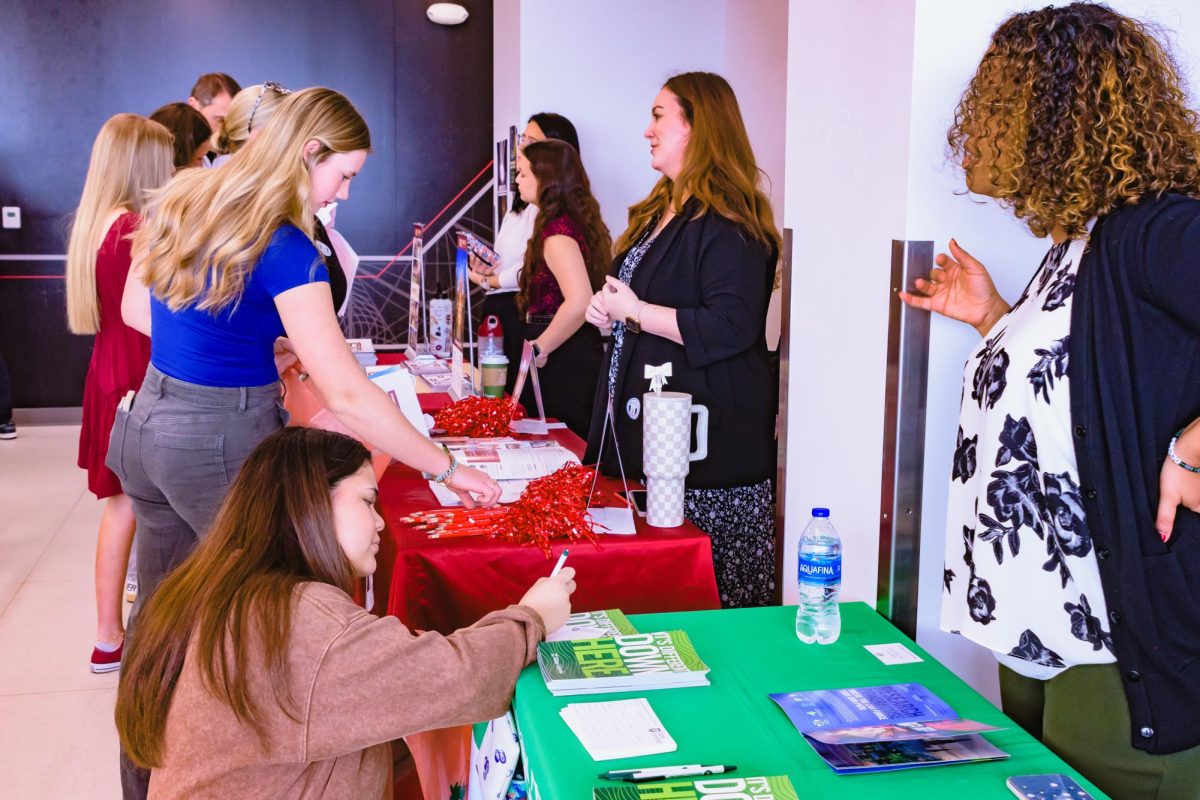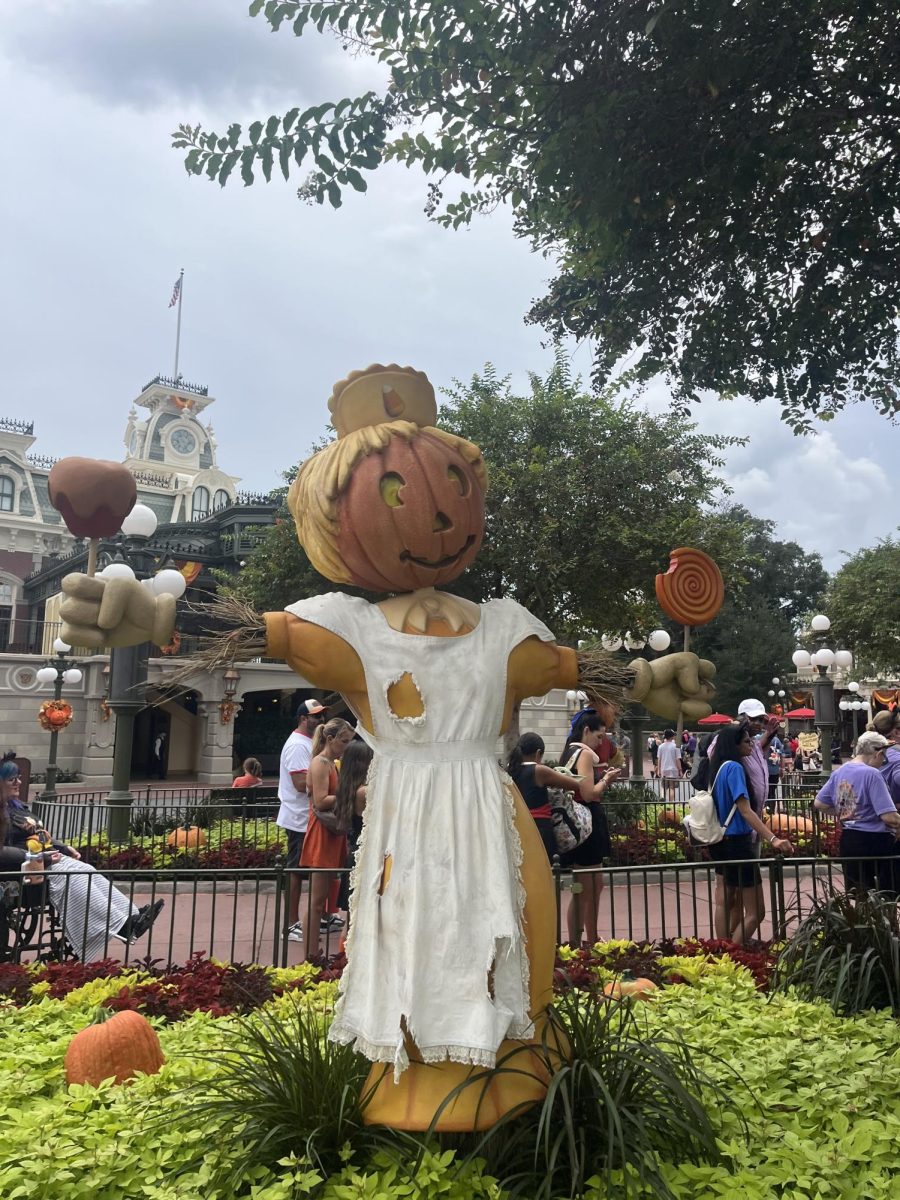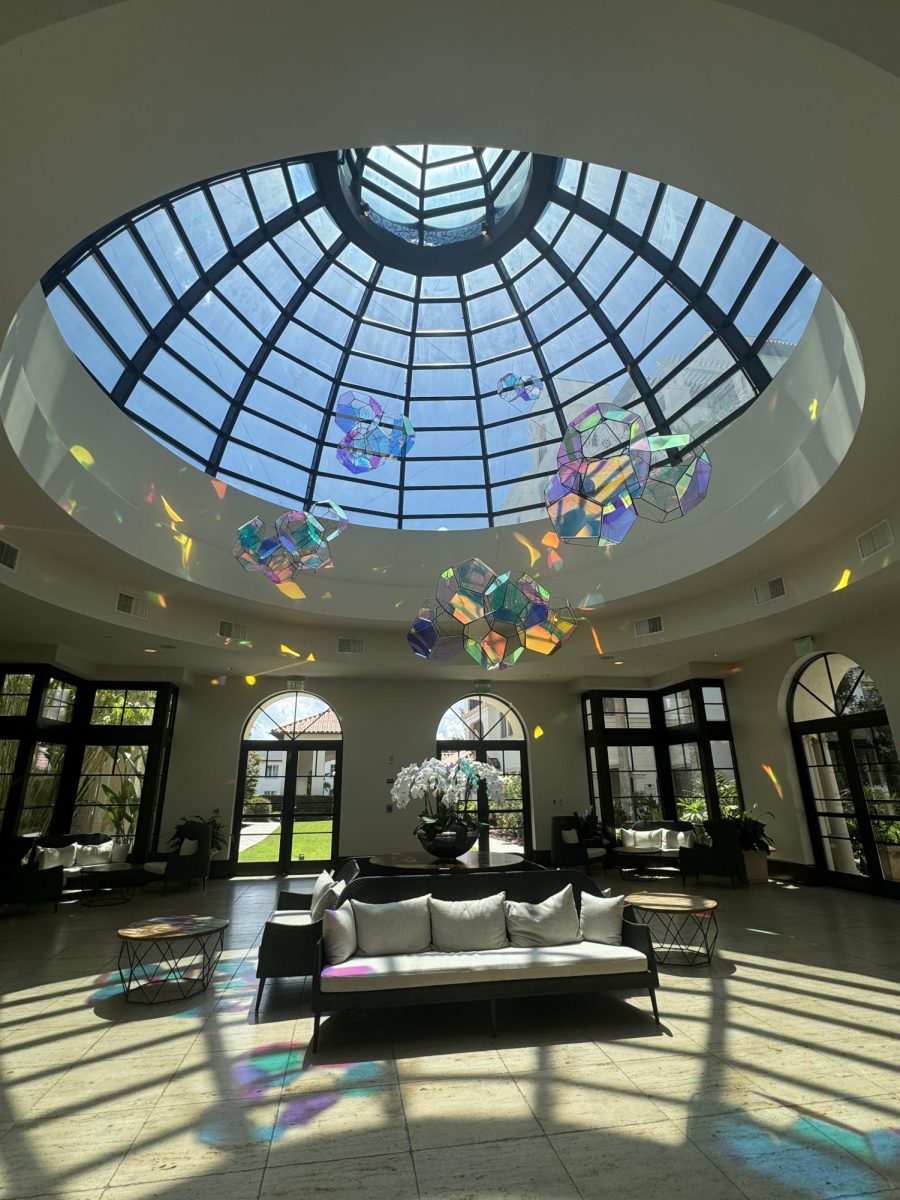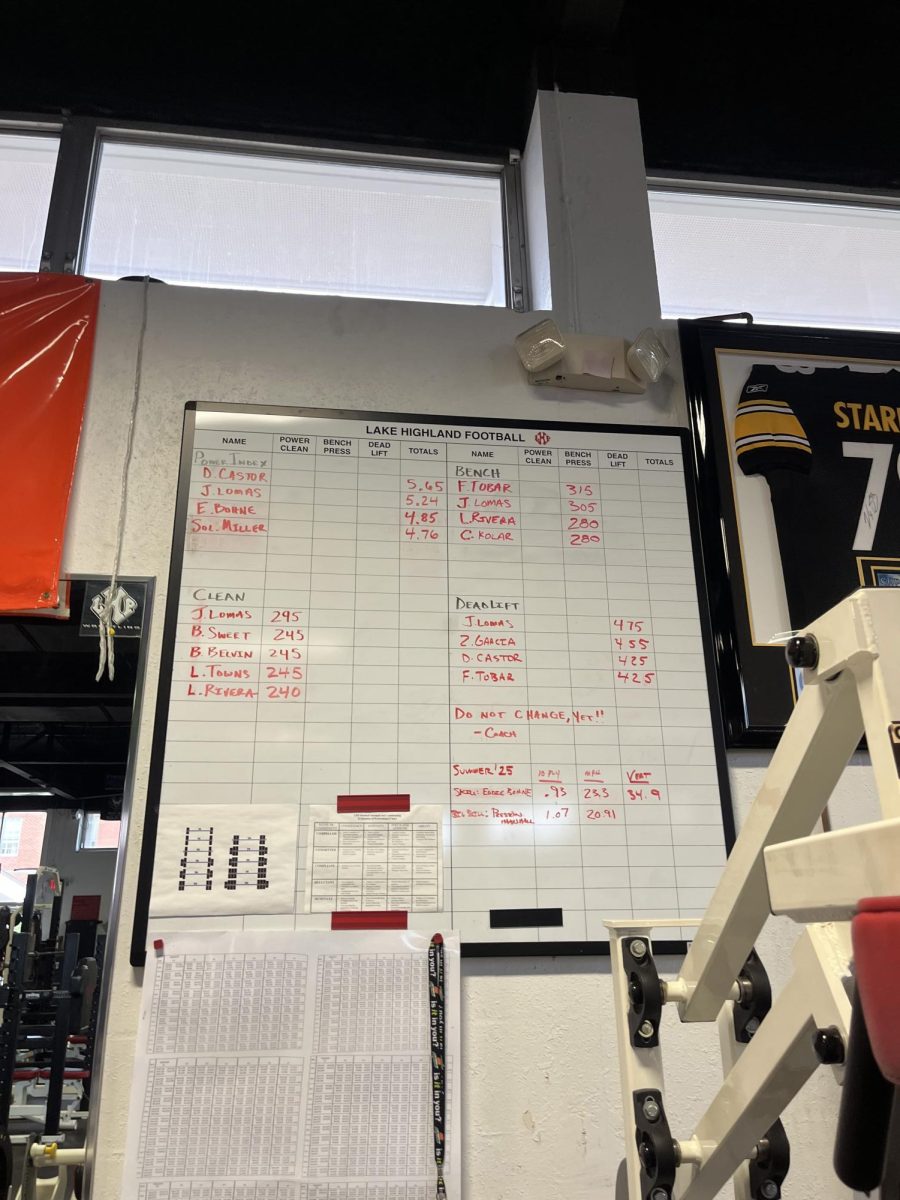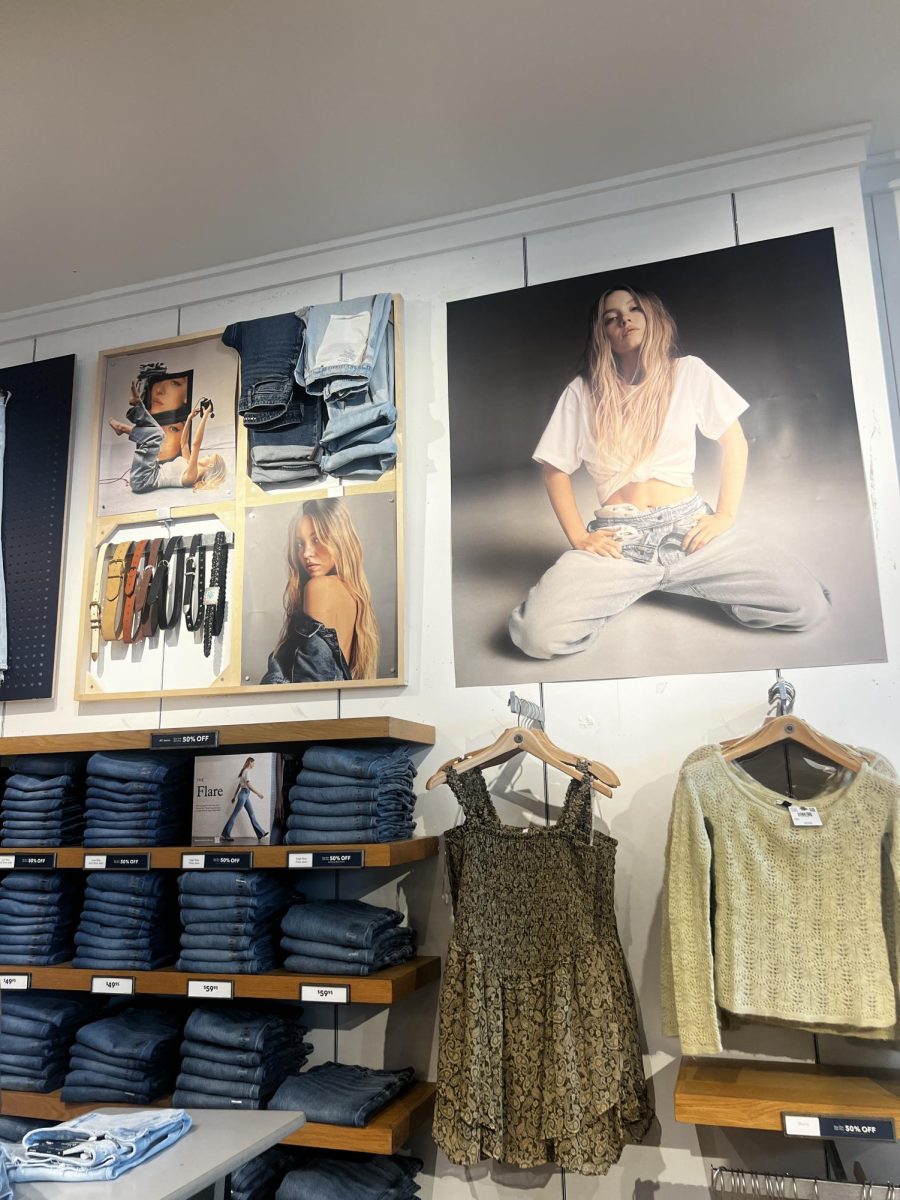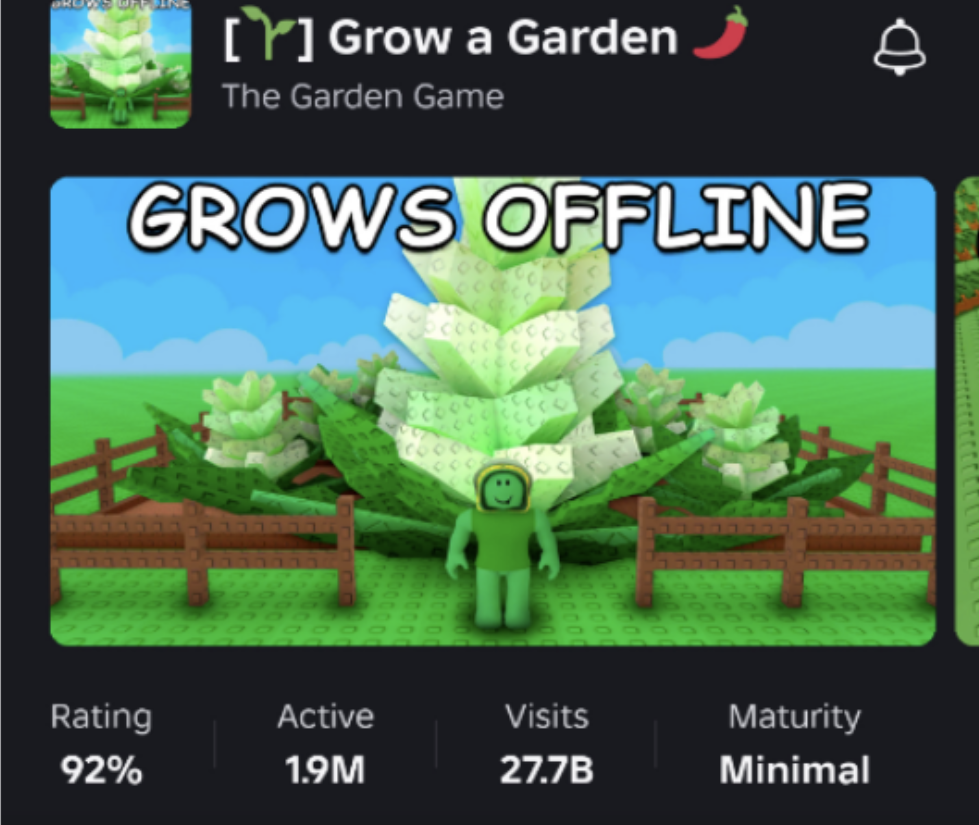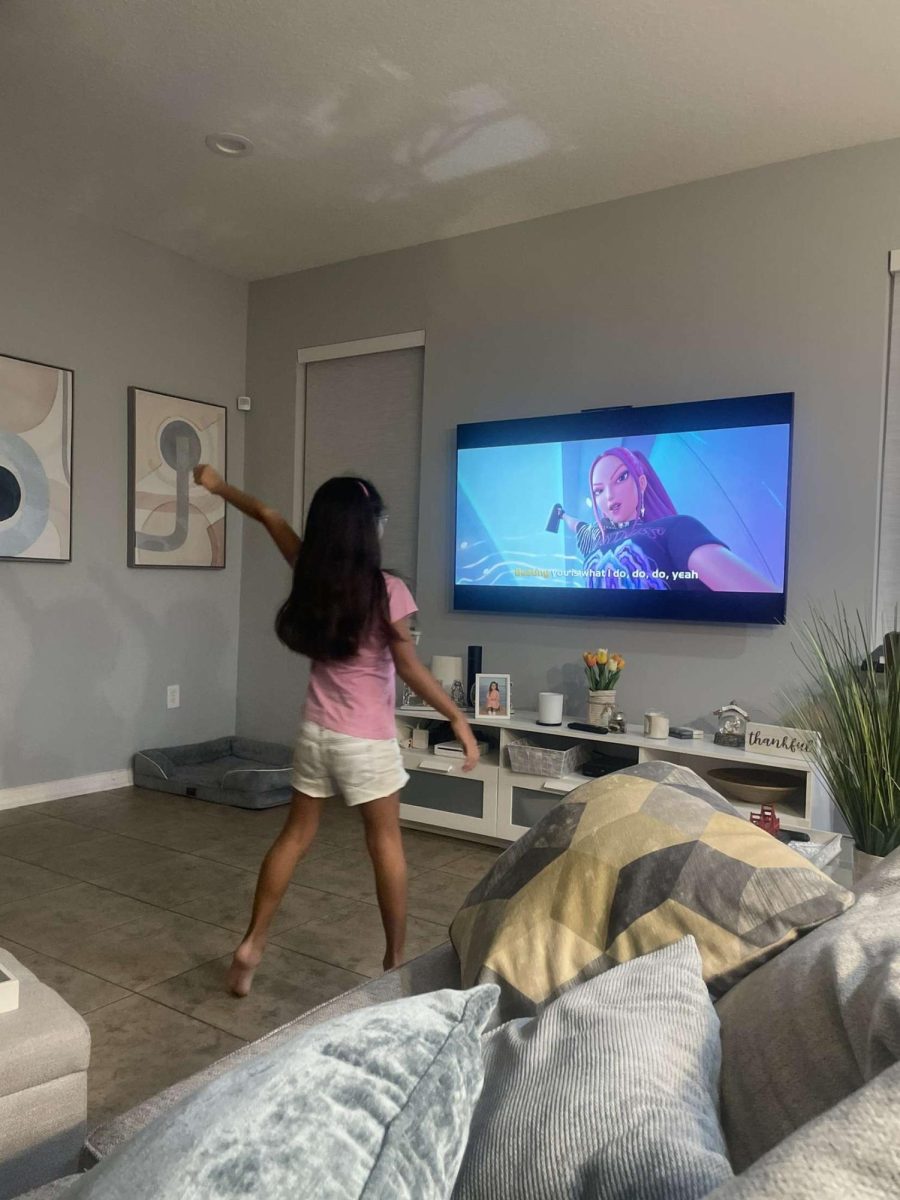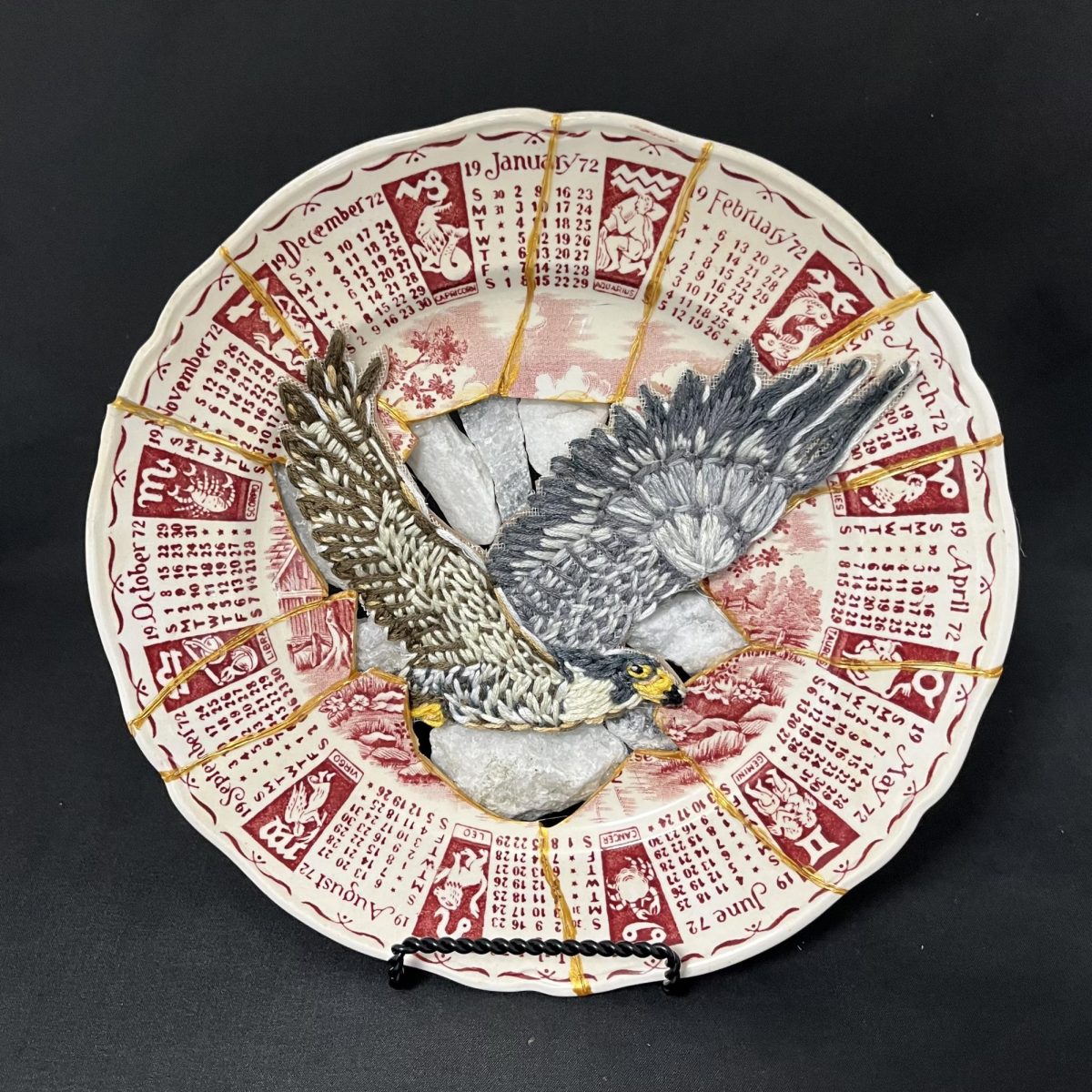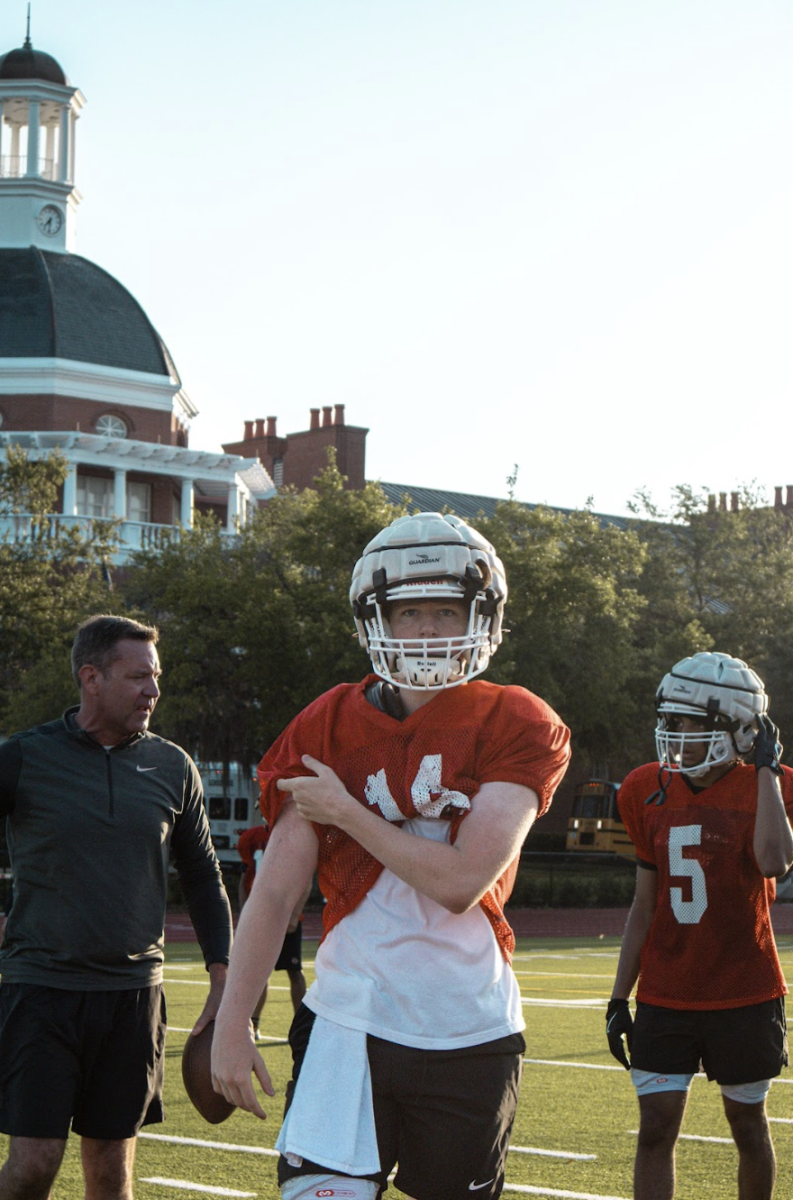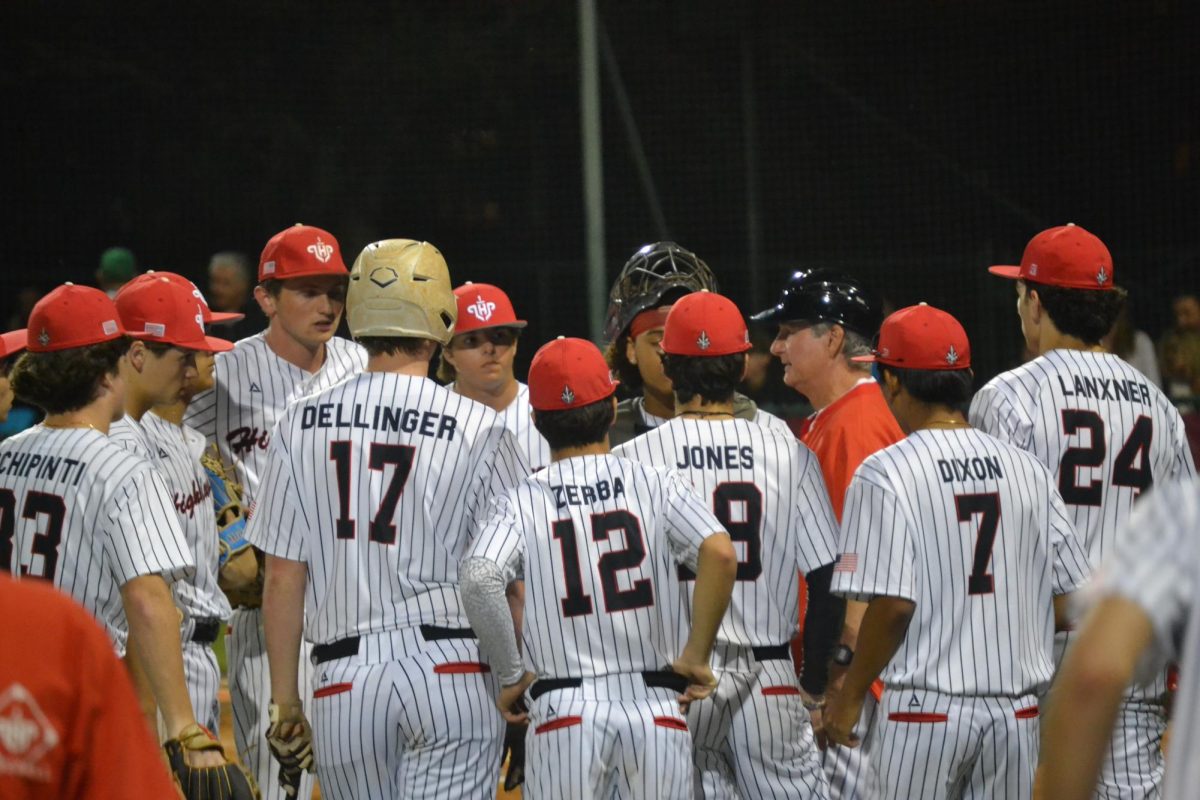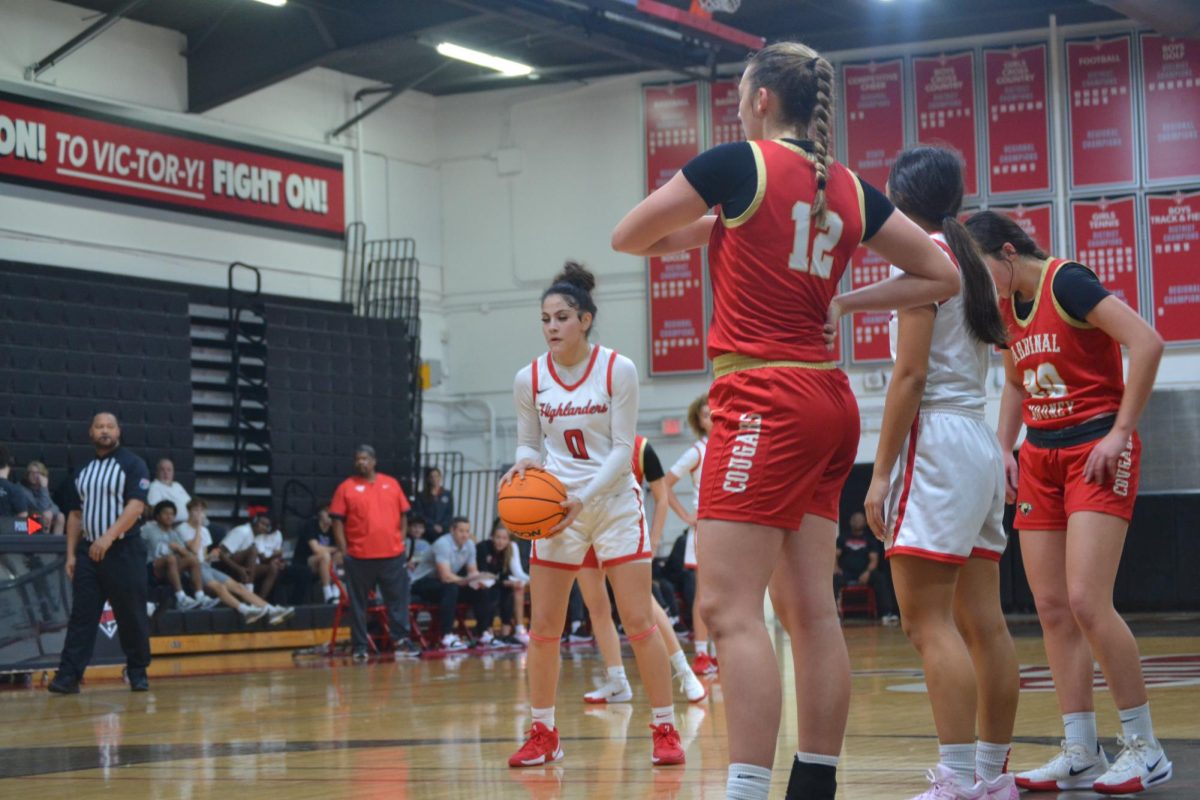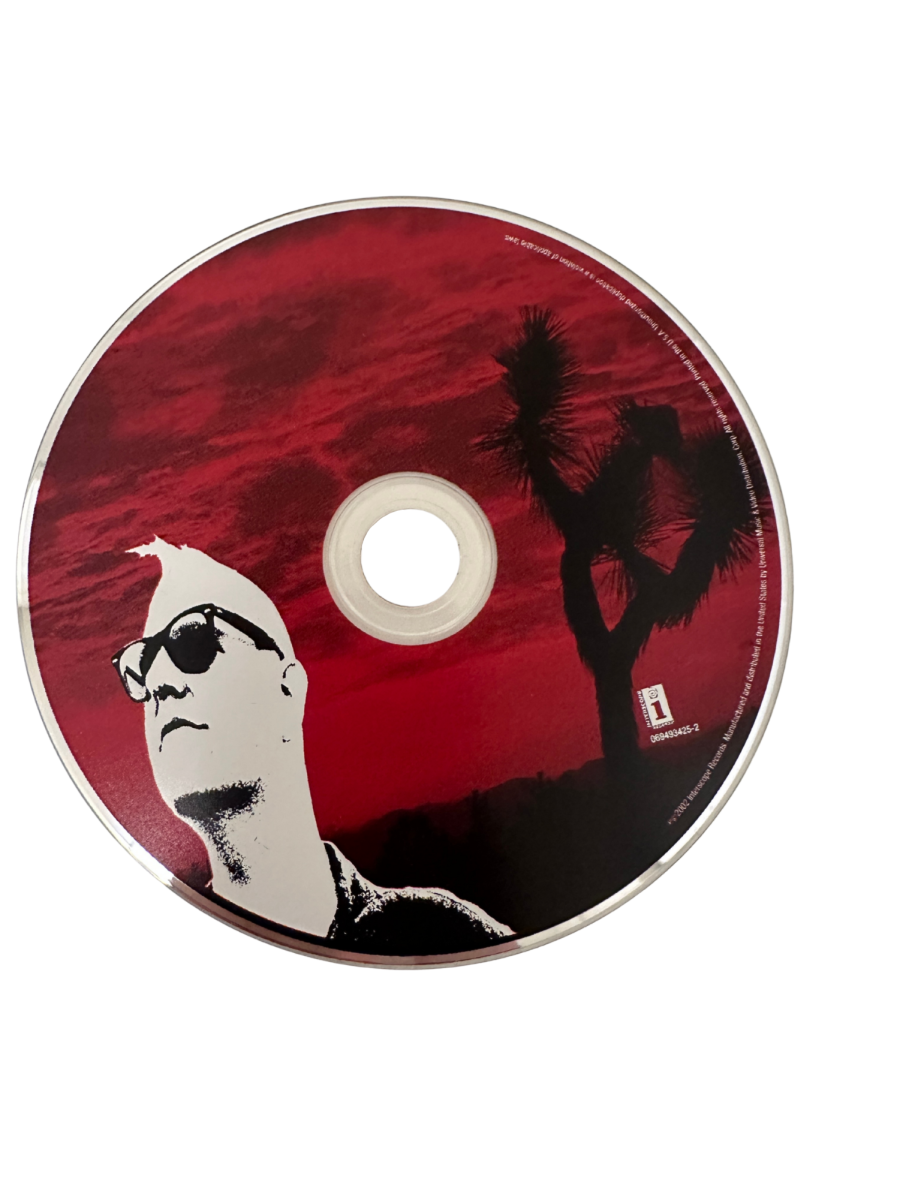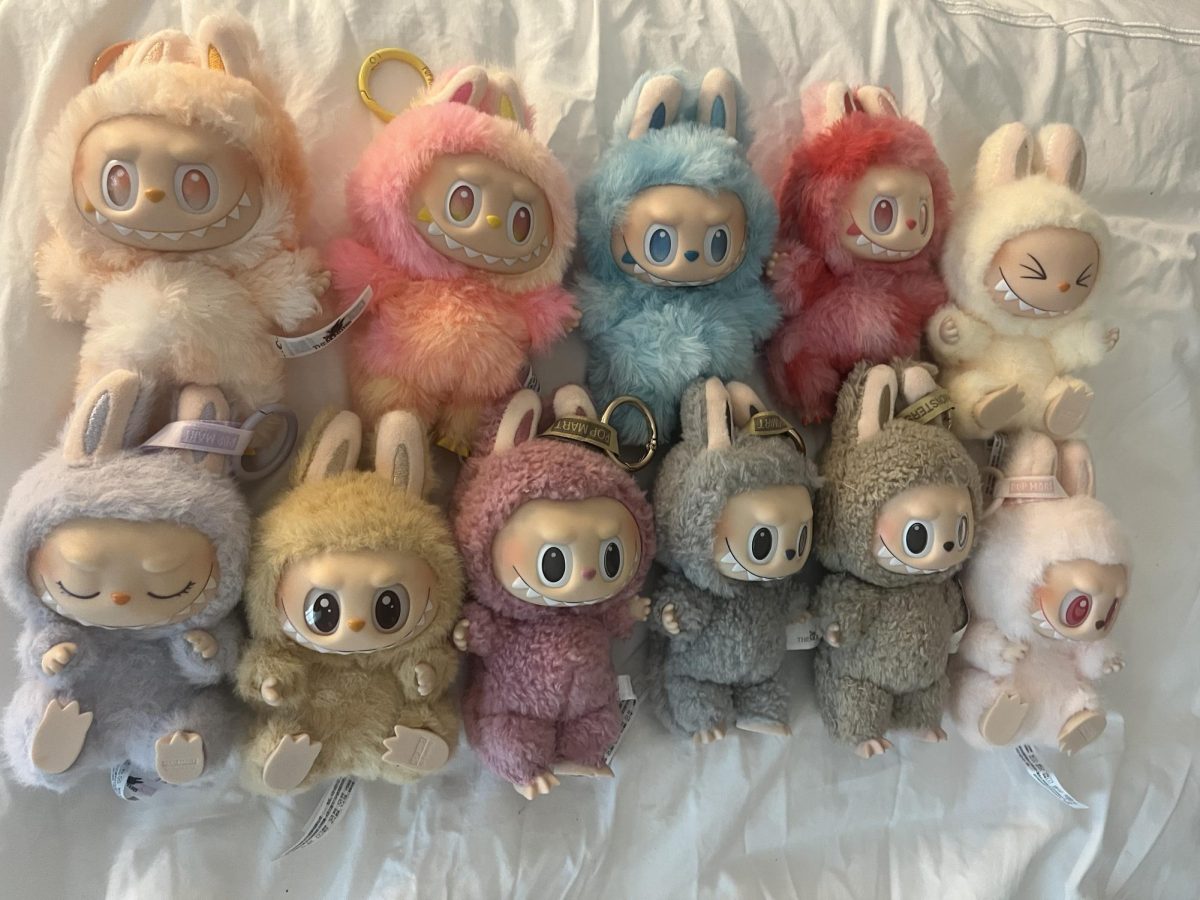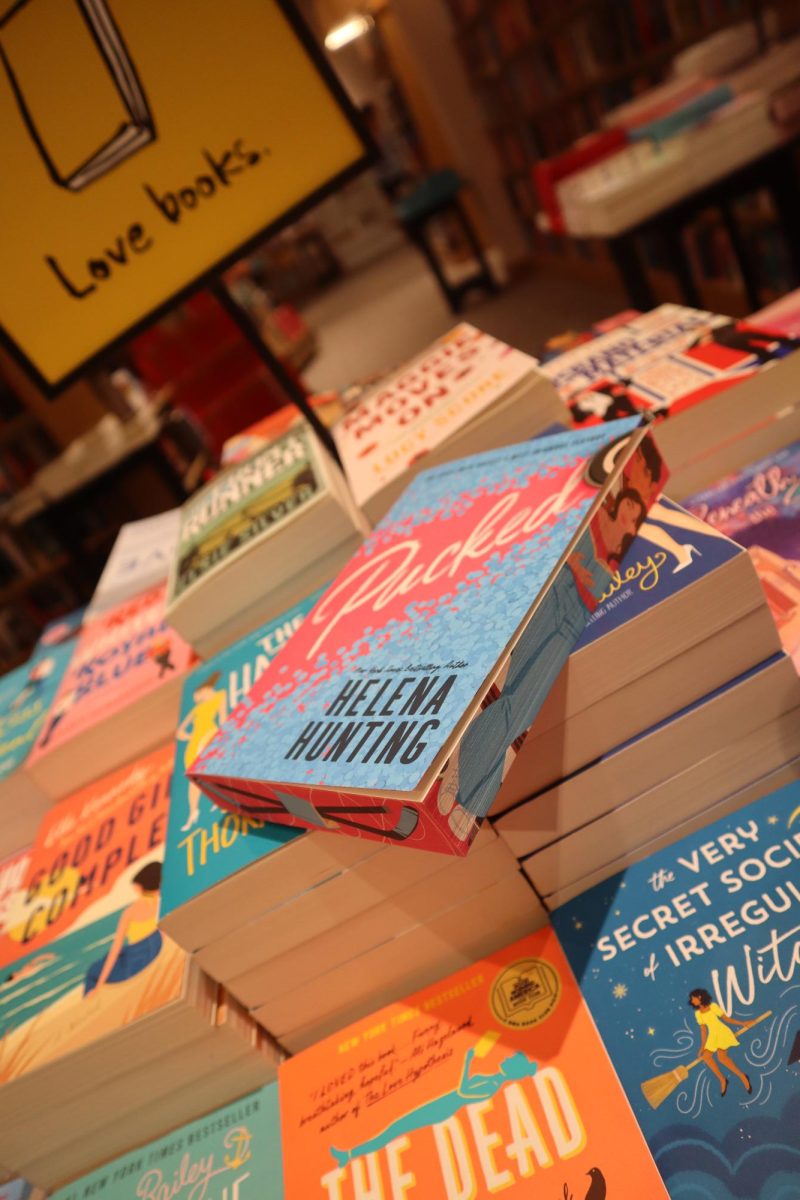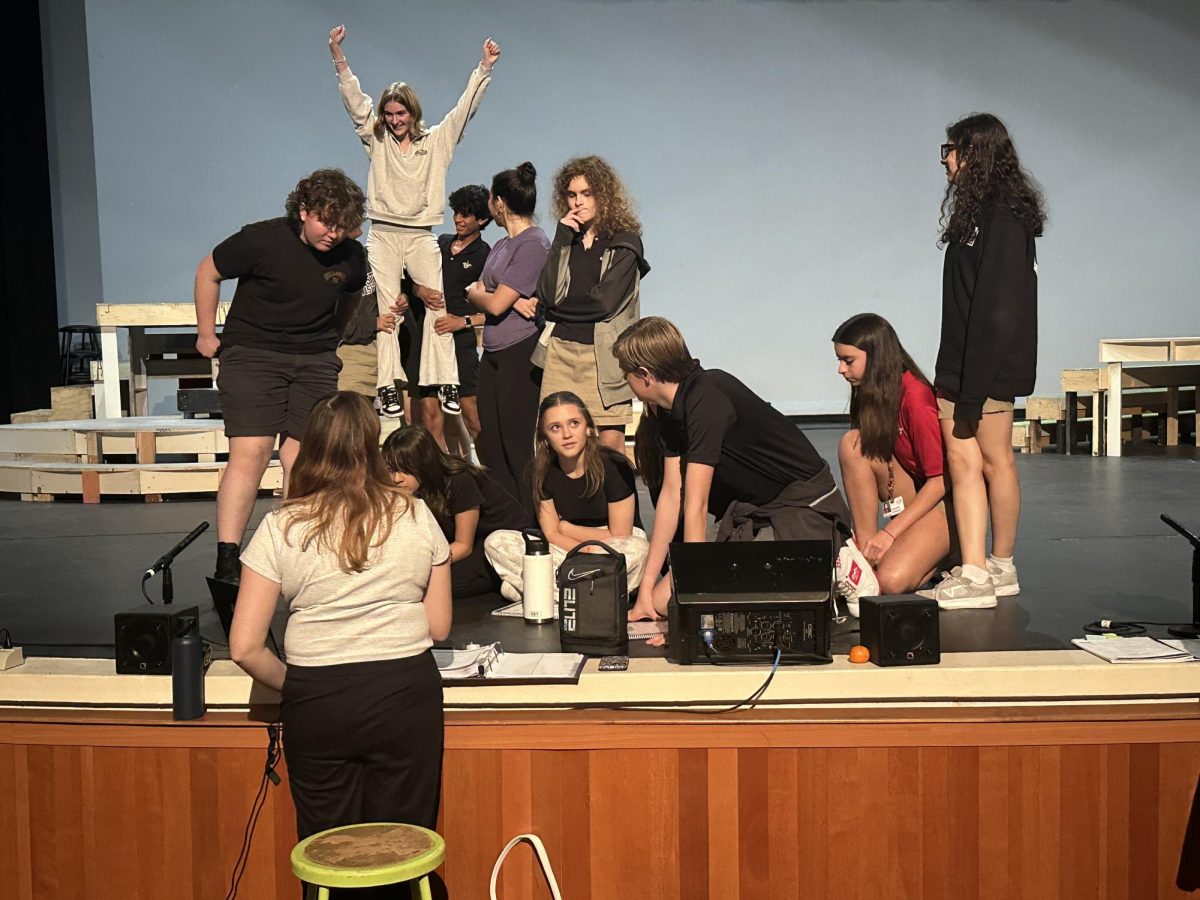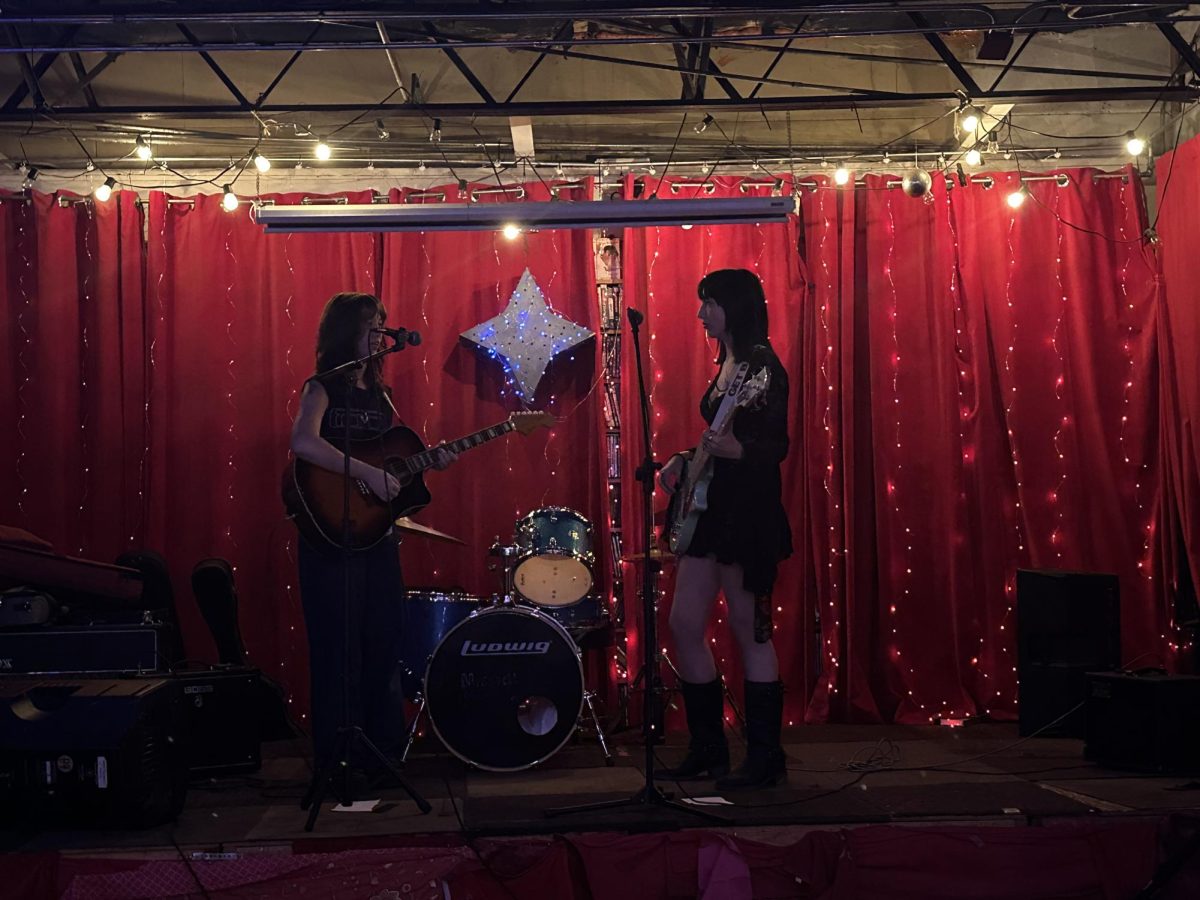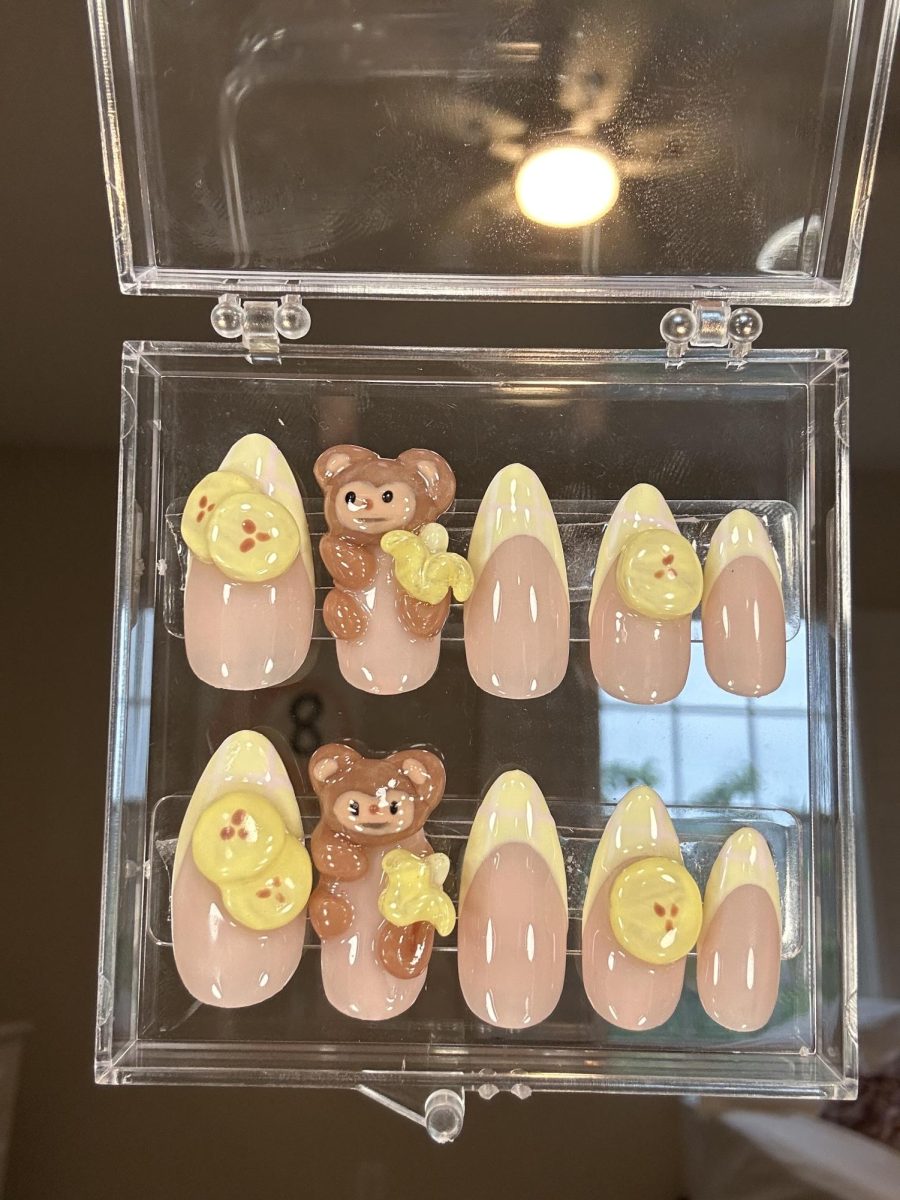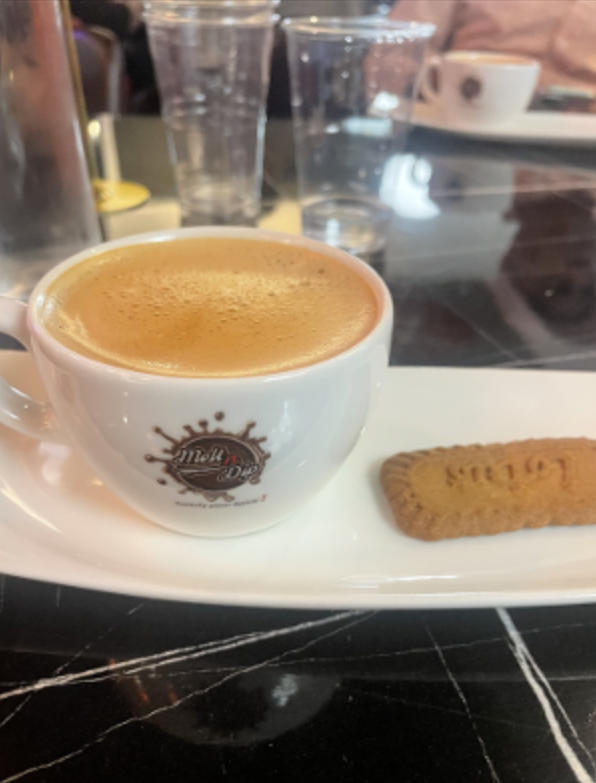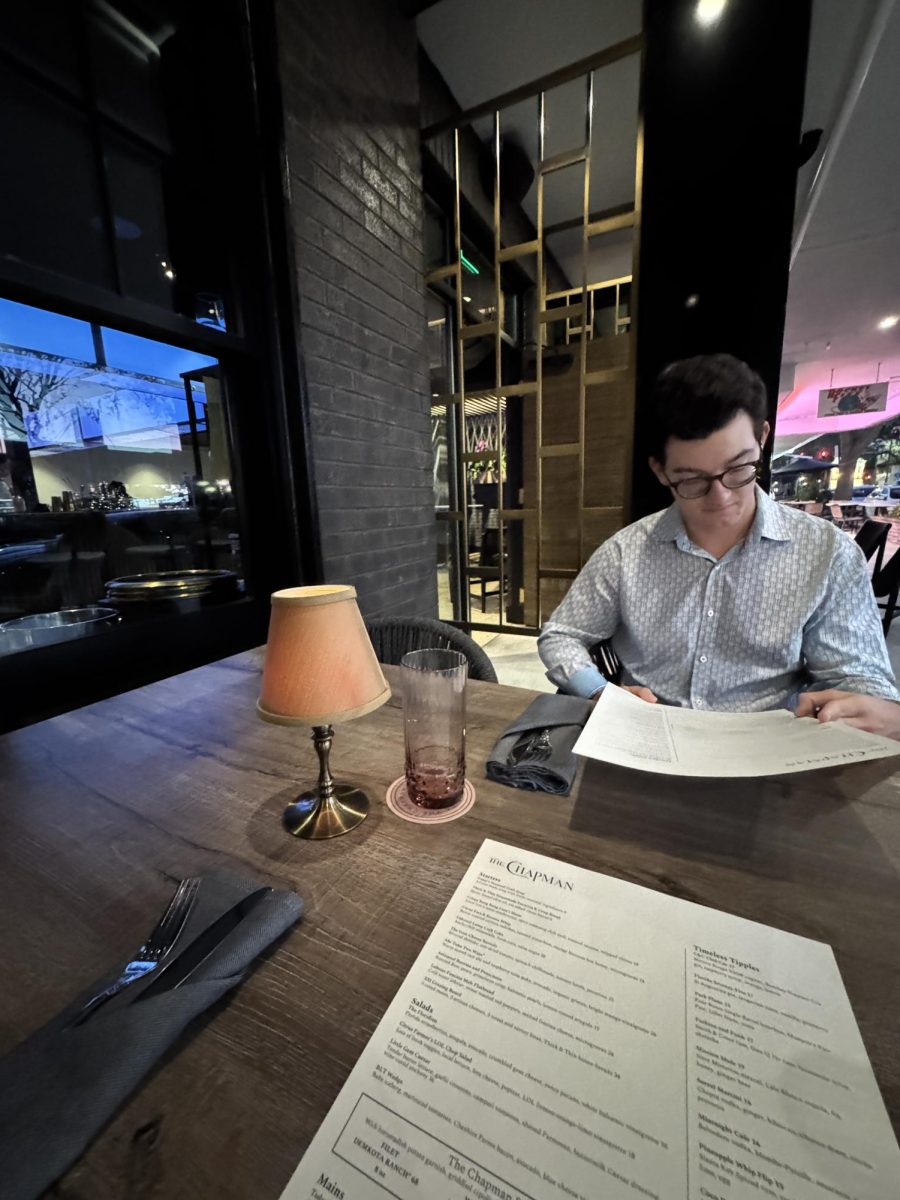Magazines are a dying breed. Beginning in the 1970s, the digital age slowly shifted how society functions. Through education, music, news, jobs, buying homes, and reading ads, computers collectively transformed the world into a smaller, more interconnected place through the Internet. Before the digital age took over, magazines were people’s source of information and interconnectivity throughout the world. For example, when JonBenét Ramsey died in 1996, the face of the pageant queen made the front page of magazines everywhere to inform the public. Magazines used to be something special, where not just facts were fed to a large audience but where authors could paint their creativity through articles, poems, art, and fashion. Magazines also use clever advertising tactics that cater towards the senses such as perfume scents and they also provide coupons, etc.
With the advancement of modern technology, people no longer need to wait and study the latest physical issue of Vogue for their fashion inspiration, since it is all at the tip of their fingers online. With a larger audience presence online came the decline of magazines. According to the U.S. Census Bureau’s Service Annual Survey, from 2002 to 2020, “Estimated revenue for periodic publishing, which includes magazines, fell by 40.5%.” It was not just the digital age that caused this decline. Social media also provides information on specific genres to millions of people, which also takes a toll on the success of online magazines, as people do not typically even go that far to get their information. The digital age should be celebrated because fewer trees are killed to provide information to the public, plus it is easier for everything to be put online for unlimited access to whatever people want to read. However, it is not the same as reading information physically. According to howlifeunfolds.com, it is scientifically proven that reading information on physical paper is better for the eyes: it increases reading skills and enables people to retain more information, as they are not distracted as easily. It also amplifies readers’ joy for reading as a true experience.
Unlike the ease of the digital world, magazines feed the brain and soul. Any magazine worth reading has a theme and the encouraging blood, sweat, and tears factor that is provided in the “Editor’s Letter” shadows that theme over all the coming pages. In the fashion realm, magazines such as Harper’s BAZAAR, Essence, GQ, ELLE, and Dazed keep the essence of fashion magazines alive through their creative editorials, inspirational articles, intriguing clothes, and advertisements that promote the latest trends.
Harper’s BAZAAR’s August 2024 magazine, the performance issue, was a particularly astounding issue that begins with the Editor’s Letter from Samira Nasr, who writes about iconic dancers such as Alvin Ailey and Judith Jamison to immerse Nasr’s message of the transformative aspect of performing. Nasr communicates that performing is not just about carrying out a role but also sharing parts of themselves and different transformations of emotion on stage to captivate the audience. Nasr also speaks on the authenticity of Hollywood through their profile of Winona Ryder, which speaks volumes about how there are fewer characters in today’s society. Performance is shown through Kamashi Washington’s jazz playlist as a form of expression. It echoes through activist Amanda Nguyen’s blend of fashion and providing a voice for people blamed for their sexual assault due to what they were wearing. It carries through the legendary legacy of Alvin Ailey and his impact on dance as an African American man. The theme continues through the many ways skirts have been transformed throughout history as a staple article of clothing. The message is seen through Winona Ryder’s exceptionalism for being unique and off of social media, and the singular performers that catalog a preview of fall fashion.
Physical reading of human work will forever be more powerful and impactful than anything digital, and that is why magazines need to become mainstream again to get people inspired and interested in specific topics. People need to stop conforming to what they see online and delve into what they find interesting. People need to discover things they have never seen before to broaden their horizons, be introduced to different areas of a topic, and read deep stories that will pick their brains. Magazines are a gateway that helps people find their true identity. In the famous words of Carrie Bradshaw, “Sometimes I would buy Vogue instead of dinner. I just felt it fed me more.”
